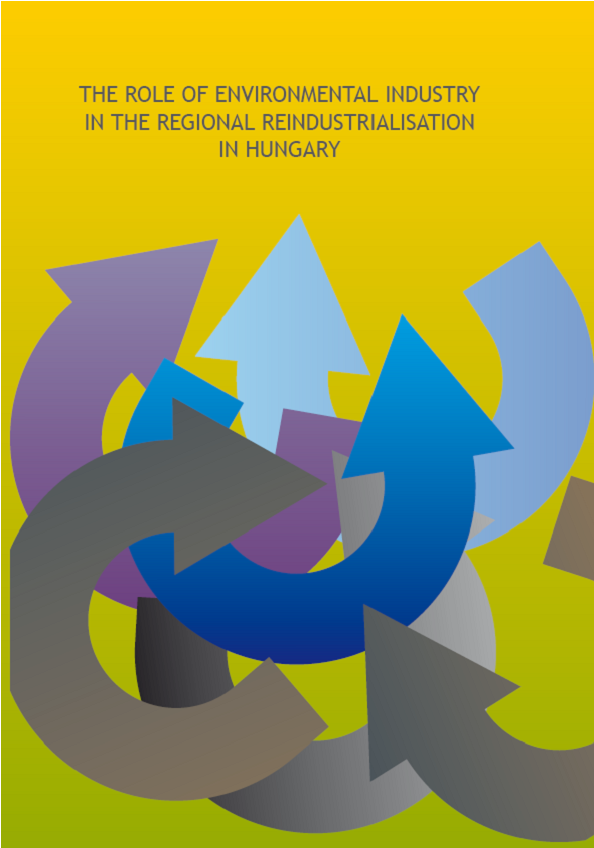 |
Edited by
Béla Baranyi and
István Fodor
Hungarian Academy of Sciences
Centre for Regional Studies
Debrecen–Pécs
2009
232 p.
|
Download the full text book here (5 Mb, pdf).
The economic crisis processes, going on in the world and having a detrimental effect on Hungary too, have once again drawn academic attention to the issues of reindustrialisation, especially in the transition countries of East-Central Europe: this is the region where, due to the former political and socio-economic systemic change process, an especially intensive de-industrialisation process took place. The closedown of a significant part of the industrial plants resulted in serious socio-economic and societal problems in these countries that have only recently joined the European community, including Hungary. Within the issue of reindustrialisation, an issue of primary importance, the issues related to the role of environmental industry are given a special emphasis, in connection with the processes of the global climate change. Those academic views by which environmental industry should play a selected role in reindustrialisation are more and more widely accepted. Environmental industry, using the achievements of the academic sector, is expected to be the sector with the most dynamically expanding market both in the international arena and in Hungary. The ever strengthening sector offers great possibilities for the increase of the competitiveness of companies engaged in environmental activities in Hungary.
The essays of this book deal with the Hungarian characteristics and possibilities of environmental industry; each chapter was written on the different segments of this industry. The subjects of the chapters started from the recognition that environmental industry offers a realistic opportunity for regional development based on innovative industries. The book also gives an international outlook to help the reader draw the conclusions relevant for Hungary. Taking the characteristic Hungarian features into consideration, the book places a special emphasis on biomass-based renewable energy production and the related issues of waste management. Several chapters were written on the topic of climate change, an issue of utmost importance in the environmental debates, and the relevances of climate change for the environmental industry.